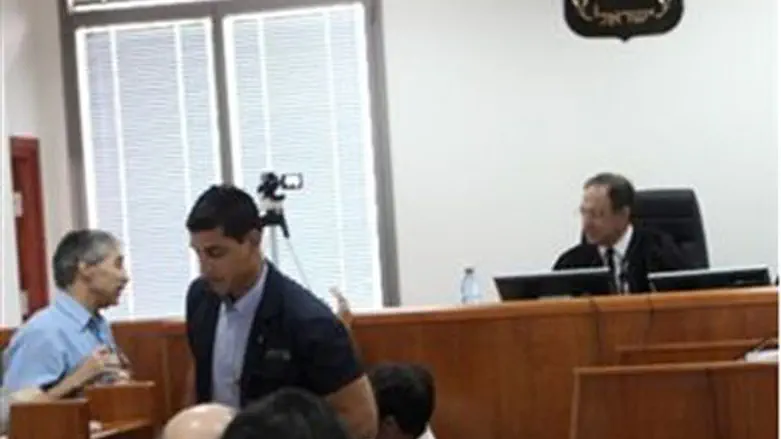
The Knesset Constitution and Law Committee on Tuesday discussed a proposed law that would prevent publishing the names of suspects for 48 hours after authorities informed them that they were being investigated for an offense.
The law would cover most investigations, criminal and civil, but would not apply in special situations, such as when a suspect agrees to allow his or name to be published. Other exceptions would include investigations where top police brass decide that publishing a suspect's name would encourage witnesses to come forward, or if a judge decides that publishing the suspect's name is in the public interest.
The proposal is opposed by members of the media, and representatives of Israel's top newspapers and TV stations were present at Tuesday's hearing. The media representatives claimed that the proposal would hamper the public's “right to know,” and expressed their preference for the current system, where courts decide which cases should not be publicized on an individual basis, and journalists who wish to publish details of those cases are allowed to appeal the court-ordered gag order.
Committee chairman MK David Rotem (Yisrael Beiteinu) said he supported the proposed law, adding that if it were up to him, he would extend the ban on publishing names of suspects from 48 hours to a week, with an option for a court-ordered extension. In addition, he said, “the concept of informing a suspect that s/he is being investigated is problematic, because often authorities do not wish to let the suspect know about investigations.”
Currently, names of suspects in nearly all investigations are released and often published in the media, leading to many Israelis to complain of being "tried by the media" - with reputations and great anguish for suspects who are proven innocent.
The committee also discussed a proposal by MK Nachman Shai (Kadima), who wants gag orders placed on cases by courts to be limited to seven days, with the option for extension under special circumstances, such as when security issues are involved. “These gag orders have become cheapened, because while Israeli media outlets observe these orders, anyone can get the information on the internet from foreign news sources, which are not bound by our courts' gag orders,” Shai said.